In a groundbreaking development for marine conservation, scientists have successfully used CRISPR gene-editing technology to enhance the acid tolerance of Symbiodinium, the photosynthetic algae critical to coral survival. This innovation comes at a crucial time when ocean acidification—driven by rising atmospheric CO2 levels—threatens to destabilize the delicate symbiosis between corals and their algal partners. The modified algae, colloquially known as zooxanthellae, demonstrated a 40% higher survival rate under pH conditions projected for 2100, offering a potential lifeline for reef ecosystems.
The research, led by the Scripps Institution of Oceanography, targeted epigenetic regulators in the algae’s heat-shock proteins—a family of molecules that help organisms withstand environmental stress. By "accelerating" evolutionary traits through precise genetic tweaks, the team observed not just improved pH resilience but also unexpected benefits in nutrient exchange efficiency between the algae and their coral hosts. Dr. Linwei Chen, the study’s senior author, noted, "We’re essentially giving evolution a nudge by pre-adapting these organisms to future conditions."
Field trials in simulated reef tanks showed corals harboring CRISPR-edited zooxanthellae maintained 65% of their calcification rates under acidic conditions, compared to untreated colonies that saw a 90% decline. This calcification process is vital for reef structure building. Intriguingly, the modified algae also exhibited reduced bleaching tendencies during temperature spikes, suggesting a possible cross-protection effect against multiple climate stressors.
However, the breakthrough has sparked ethical debates. Some marine biologists warn that releasing gene-edited organisms—even with conservation intent—could disrupt existing symbiotic relationships or create ecological imbalances. Dr. Miriam Castillo of the Coral Reef Alliance emphasized, "We need decade-long studies to understand how these altered strains interact with wild populations before considering large-scale deployment." Meanwhile, the research team has patented a biocontainment system using "gene drives" to prevent uncontrolled spread of edited algae.
The technology’s potential extends beyond coral preservation. Pharmaceutical companies are exploring applications for algae-based drug production in acidic fermentation environments. Yet for now, the focus remains on refining what scientists call "assisted evolution" to buy time for reefs while global carbon mitigation efforts catch up. As coral geneticist Dr. Raj Patel puts it, "This isn’t a silver bullet, but it might be the stopgap that prevents ecological collapse."
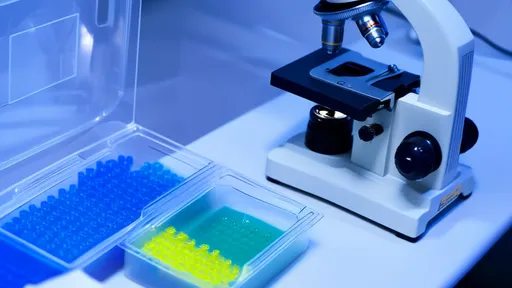
By /Jul 22, 2025
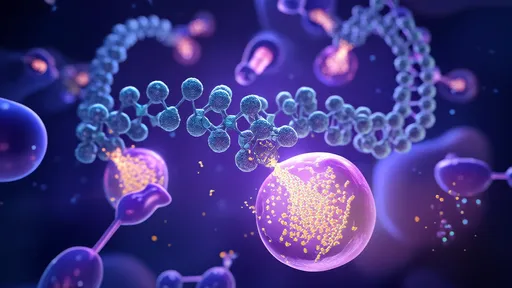
By /Jul 22, 2025
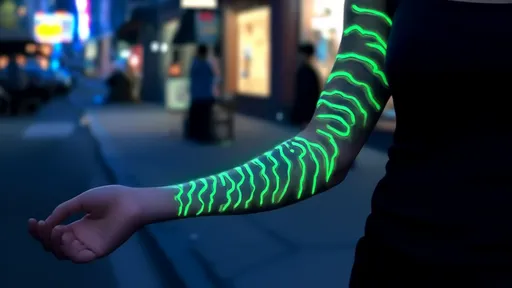
By /Jul 22, 2025

By /Jul 22, 2025
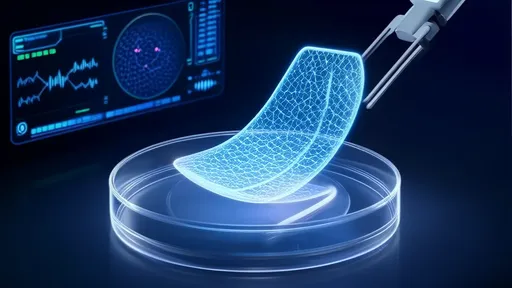
By /Jul 22, 2025
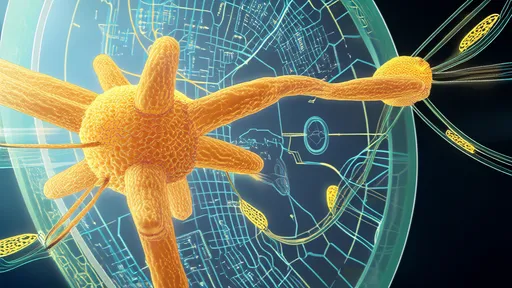
By /Jul 22, 2025
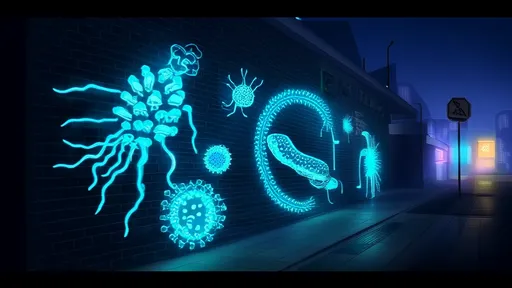
By /Jul 22, 2025
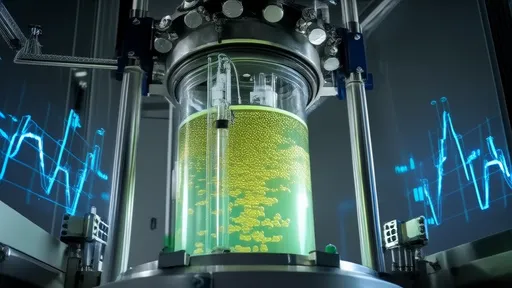
By /Jul 22, 2025
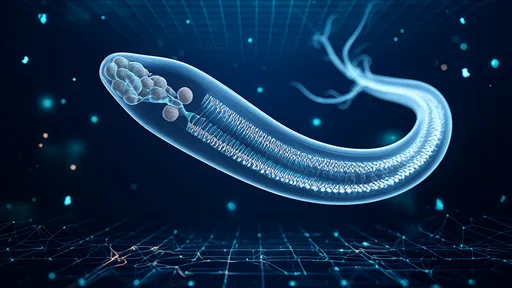
By /Jul 22, 2025
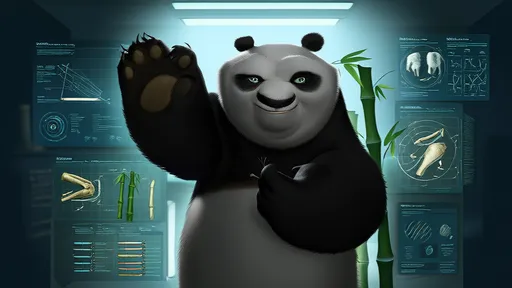
By /Jul 22, 2025

By /Jul 22, 2025

By /Jul 22, 2025

By /Jul 22, 2025
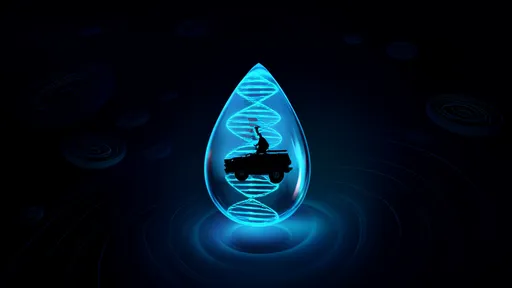
By /Jul 22, 2025
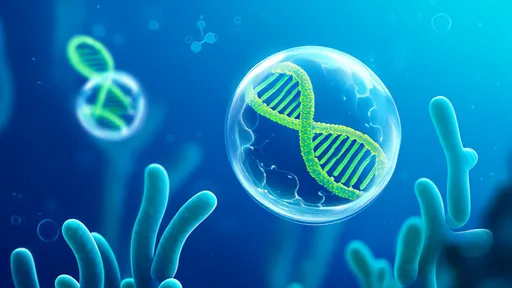
By /Jul 22, 2025
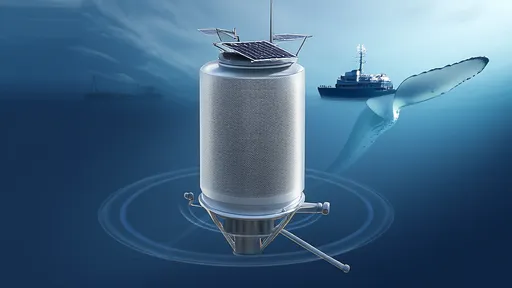
By /Jul 22, 2025
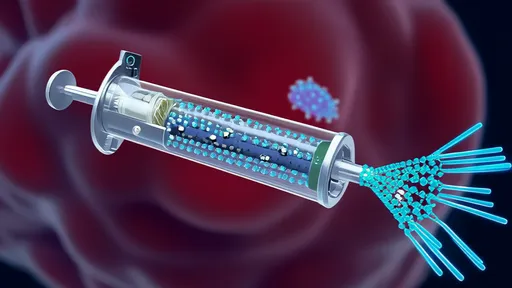
By /Jul 22, 2025
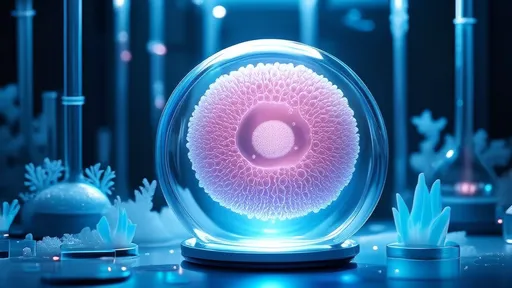
By /Jul 22, 2025